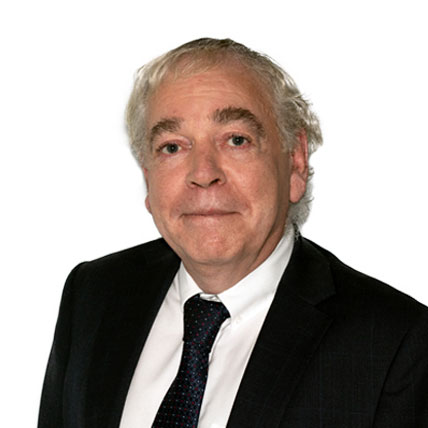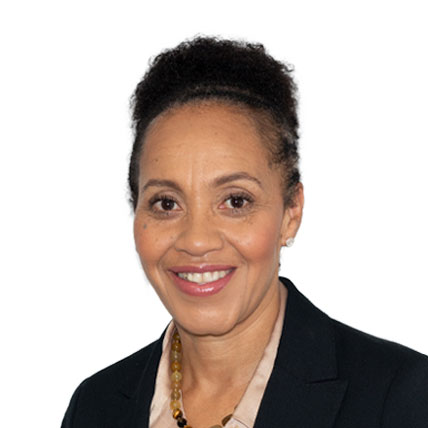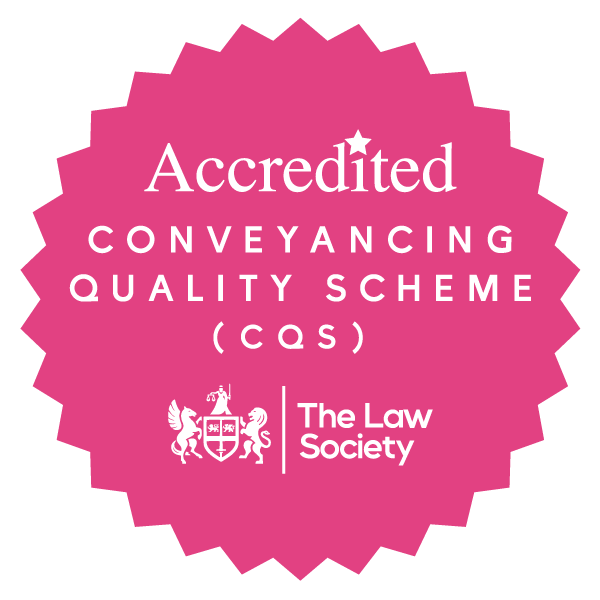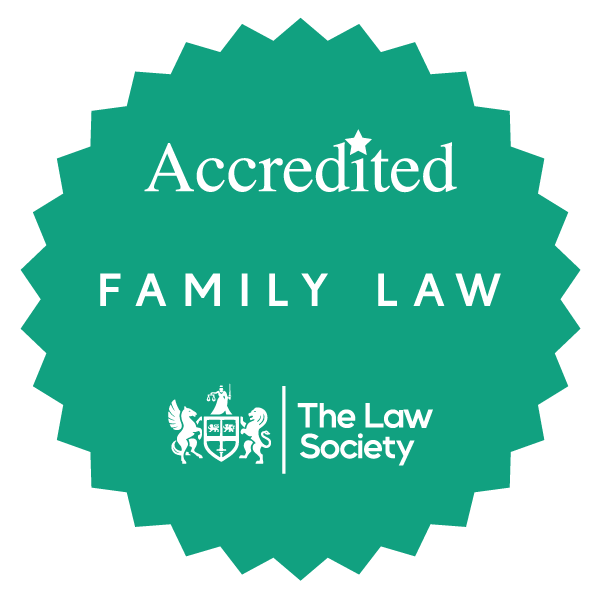Trusts Solicitors Enfield, Finchley, North London and Hertfordshire
A Trust is a way you can manage assets on behalf of someone else.
Why set up a Trust?
There are several reasons why people set up Trusts:
- To take care of assets on behalf of children.
- To look after assets on behalf of a vulnerable person.
- To try and reduce inheritance tax liability.
We can help you:
- Decide if the Trust is the best way forward for what you want to achieve.
- If you are a Trustee, we can help you understand what responsibilities are and we can help you manage the Trust.
- If you are a beneficiary, we can explain what you should expect from the Trustees.
Contact our Trusts Lawyers in Enfield, Finchley, North London and Hertfordshire today
Call us today or complete our online contact form and one of our team will be in touch to discuss your matter further.
FAQs
It is estimated that around 300,000 people die intestate (without a Will) every year. This means that the assets owned by you at your date of death will pass under the intestacy rules and not necessarily in accordance with your wishes. The main benefit of making a Will is that you can control how your assets are divided when you die and ensure that your loved ones are provided for as you see fit. Making a Will also means that dealing with your estate will be a simpler (and possibly cheaper) exercise for your family than would be the case if you die intestate.
Now. It will give you the peace of mind of knowing that your express wishes will be carried out when you die. If you already have a Will but have recently married or divorced or if your circumstances have changed (for example, if the size of your estate has increased meaning that tax efficiency should be considered) then you should make a new Will.
We charge £170 plus VAT for a single Will or £270 plus VAT for double Wills in similar form. There will be additional charges if your Will is complex, for example of it includes a discretionary Trust or involves a lot of time and meetings, if you request a home visit or if tax planning is required. The basic cost structure will not be exceeded without discussing this with you beforehand.
Your Executors are the people who will deal with your estate after your death. They will collect and value your assets, settle any debts and discharge any inheritance tax payable, distribute any specific legacies (such as personal belongings) or money gifts you have left then distribute the remainder of your estate (the residue) in accordance with your Will. We recommend that you appoint at least two Executors in case one of them is unable to act for any reason. This can be your spouse, any relative or friend and/or a professional Executor such as firm of Solicitors.
The role of your Executors will extend to holding monies as Trustees for any beneficiaries who are under 18 at the date of your death until they are old enough to receive the gift you leave them in your Will.
In your Will you can state who you would like to care for your children in the event of your death. The appointment of a Guardian usually takes effect on the death of the second parent. However, if you wish somebody other than your child’s surviving parent to become their Guardian then your Will may be used as evidence of your wishes in any subsequent Court proceedings relating to your children.
The duties of a Guardian are similar to those of a parent. They are responsible for the day to day upbringing of your child as if he or she was their own.























